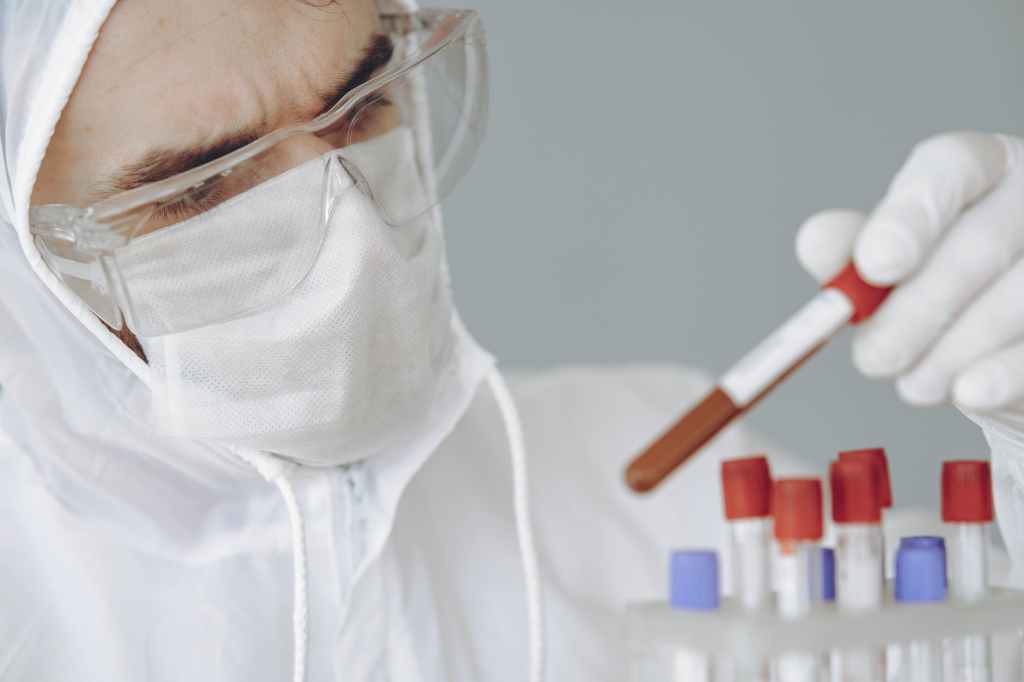Wastewater-Based Epidemiology might help us to stop Corona. Corona is spreading like a wildfire throughout the world. The global pandemic has now become a serious threat to human existence. While every country is trying to prevent it. It is gradually spreading even more. It is right now spreading to the most remote areas on our planet. The worst part of this widespread is that people are unknowingly acting as a beacon. They are helping the virus to even spread more. One way to stop it is to identify the affected person as soon as possible. But, in the current scenario, it’s not an easy task.
According to the COVID Tracking Project, Commercial labs and health departments are now testing around 140,000 people a day in the US. If you do the math, testing every single person in the US itself would take months. Individual testing requires lots of effort. If we apply this scenario to densely populated countries such as China & India, testing everyone is only possible in our wildest dreams. Meanwhile, the virus will keep on stretching out its claw towards as many people as possible. Moreover, In some cases, people might not know they are infected.
According to the current information, the incubation period of the virus ranges from 1 to 12.5 days. Therefore, until a person completed the incubation period, he/she might or might not experience any symptoms. So the person might not seek any help until he/she experiences any indications. It is strengthening the extent of the virus. Hence, every country is right now searching for some innovative ideas to help stop this widespread. Sewage facilities & Epidemiology might give us a chance to do this.
Wastewater-Based Epidemiology: The Best Mass Testing Procedure
Wastewater-Based Epidemiology or WBE is a relatively new research idea. It is set to provide real-time information on the consumption of legal and illegal drugs of abuse by the population. It’s a process that is developed to detect the abnormalities in people living in a vast area with the help of wastewater flowing in the sewer. This procedure might now help us to test the coronavirus infection rate rapidly within less time.
The process behind ‘Wastewater-Based Epidemiology’ is simple. The virus traces can be found in the feces of humans even before the incubation period. Testing the sewage water in that area might give us an actual idea of the infection rate. This procedure helps a lot in assessing a situation by covering a particular city or a county.
It’s Started & It’s Helping:
1. Paris already started WBE even before the virus outbreak. Despite low cases, high concentrations of the virus were detected in the sewage in Paris. It helped them to estimate the widespread.
2. The US also started WBE and it’s helping them a lot. According to the report from a sewage cavity in New Castle, Delaware they are assessing the situation with the help of WBE and the result is nothing but an eye-opener.
The test approach through the digestive remains of the county showed around 1600 new cases. Meanwhile, the county health day showed only around 28 new cases. That’s a staggering 2.3 percent of the population.
3. Australia’s National Science Agency also announced that the virus had been observed in two wastewater catchments residing in Southeast Queensland.
These results clearly show that Waste Water-Based Epidemiology is relatively a great mass testing alternative to detect coronavirus spreading. It is even better than individual testing. Individual testing requires more human movements and those movements can help to spread corona even more.
